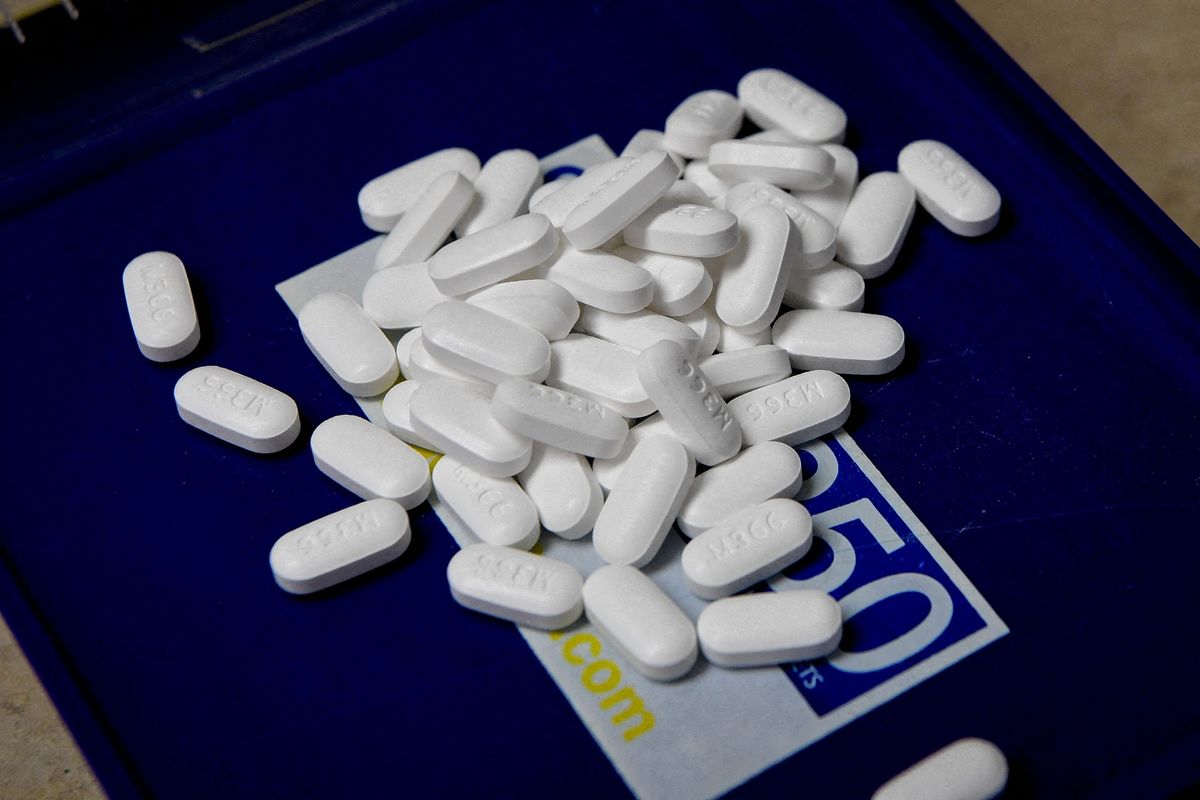US Pharmacy chains ordered to pay US$650 million to Ohio counties for fuelling opioid crisis

A few minutes every morning is all you need.
Stay up to date on the world's Headlines and Human Stories. It's fun, it's factual, it's fluff-free.
Back in the 90s, Big Pharma told the US medical community that opioids weren’t addictive, so doctors in the US gave many people prescriptions for them. But that wasn’t true, and because of all those prescriptions, millions of people have misused opioids, leading to an opioid addiction and abuse epidemic that has left nearly a million people dead across the country since 1999.
Now, big companies making profits from the epidemic have to pay up. On Wednesday, a federal judge said that Walgreens, CVS and Walmart (three of the biggest pharmacies in the US) had to pay US$650 million to two counties in Ohio for their role in fueling the opioid crisis. According to the judge, that price tag was a third of the cost of the damage that had been wrought on those communities – the same proportion that the companies had to blame for the devastation. To put it into perspective – about 80 million prescription painkillers were dispensed in Ohio’s Trumbull County between 2012 and 2016. That’s roughly 400 for every resident. The pharmacy chains are expected to appeal the verdict.
Key comments:
“These companies are rending the fabric of society apart," said Mark Lanier, the lawyer who led the plaintiff’s team, to The New York Times. “They should not only show remorse, they should show they need to rectify what they’ve done. And they won’t do it. So the judge is doing it."
“We never manufactured or marketed opioids nor did we distribute them to the ‘pill mills’ and internet pharmacies that fueled this crisis," said Fraser Engerman, the spokesperson for Walgreens, one of the defendants in the case.
“Instead of addressing the real causes of the opioid crisis, like pill mill doctors, illegal drugs and regulators asleep at the switch, plaintiffs’ lawyers wrongly claimed that pharmacists must second-guess doctors in a way the law never intended and many federal and state health regulators say interferes with the doctor-patient relationship," said Walmart’s spokesperson, Randy Hargrove.
“The news today means that we will soon have the long-awaited resources necessary to extend aid to properly address the harms caused by this devastating epidemic," said Trumbull County Commissioner Frank Fuda in a statement.




Comments ()